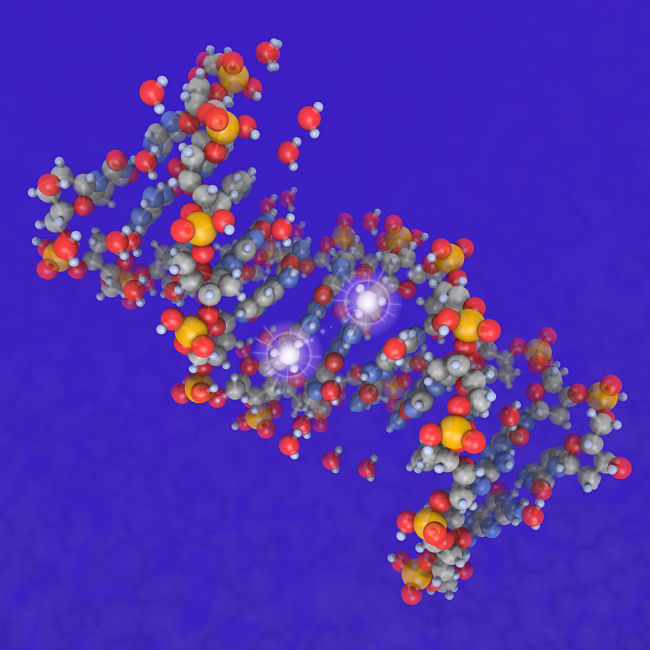Somatic genomics
The Somatic genomics theme explores how exogenous factors, such as lifestyle, and endogenous factors, like blood biochemistry, influence somatic molecular aberrations that drive disease. By leveraging advanced bioinformatics and machine learning, we also aim to predict the impact of driver mutations and better understand the molecular links between genomic changes and cancer phenotypes.
Highlights include:
This study investigates how genetically predicted lifelong high BMI influences the molecular landscape of endometrial cancer, finding that elevated BMI is associated with changes in tumour gene expression (notably in the IL6-JAK-STAT3 pathway), immune cell infiltration, mutational signatures, and reduced EGFR protein expression, all of which affect tumour biology and clinical outcomes. These findings highlight potential therapeutic targets and deepen our understanding of BMI's role in endometrial cancer progression. More information: https://www.medrxiv.org/content/10.1101/2023.10.09.23296765v1
This paper introduces DrivR-Base, a tool that extracts and integrates molecular features related to single nucleotide variants from multiple databases, enabling use in machine learning models for predicting variant pathogenicity. DrivR-Base is easily deployable via Docker and supports various applications. More information: https://academic.oup.com/bioinformatics/article/40/4/btae197/7644281; https://github.com/amyfrancis97/DrivR-Base
Somatic molecular traits refer to the molecular aberrations that are observed in the cells of the body – aberrations that are not inherited but acquired over the course of life. These include changes in the protein coding sequence of DNA (that is, mutations) and changes in gene expression, copy number, and methylation. Each of these can be studied at the level of single genes or genome-wide biological pathways and signatures that reflect the cumulative effects of specific underlying mutagenic processes such as defects in DNA damage repair.
Somatic molecular aberrations are the key driver of the transformation of normal cells into tumour cells. Despite their profound mechanistic importance to the development of cancer, we do not really know how exogenous factors, such as our lifestyle and health-related behaviours, and endogenous factors, such as blood biochemistry, impact on somatic molecular traits. Over the course of ICEP2, we have used Mendelian randomization to comprehensively study the influence of these factors on somatic traits.

